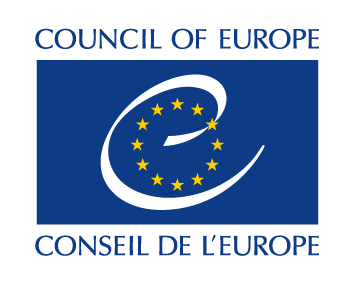Updating the 2006 Recommendation on assistance to crime victims, on 15 March 2023, the Committee of Ministers of the Council of Europe has issued a new Recommendation that provides more detailed guidance on the development and implementation of victims’ rights and calls upon member states to actively seek out and remove any barriers in the access to justice for victims of crime.
This new Recommendation build on the significant developments that have occurred in the field of victim rights, including developments in national and international legislation, in the practice and in victimology research that result in a better understanding of victims’ needs.
This Recommendation includes a more holistic approach to victim rights in seeking to further develop and expand victim rights and services beyond the context of the criminal procedure by not only promoting victim rights in the context of criminal proceedings, but also before, after or irrespective of such proceedings.
By recalling the Council of Europe Recommendations on Restorative Justice (CM/Rec(2018)8 the new Recommendation highlights the use of restorative justice throughout its text and calls upon Council of Europe member states to ensure that restorative justice providers conform with Recommendation CM/Rec(2018)8. Article 18, in particular, is dedicated to promote restorative justice services within the Council of Europe member states as a general available service by stating that “the type and seriousness of the offence, or its geographical location, should not in themselves, and in the absence of other considerations, preclude restorative justice from being offered”. The full text of the new Recommendation can be accessed here.
Sincere congratulations to the two consultant that presented the proposal for the recommendation, Prof. Dr Suzan van der Aa (Maastricht University, the Netherlands) and Prof. Dr Antony Pemberton (KU Leuven, Belgium; Netherlands Institute for the Study of Crime and Law Enforcement (NSCR), Amsterdam, the Netherlands).


